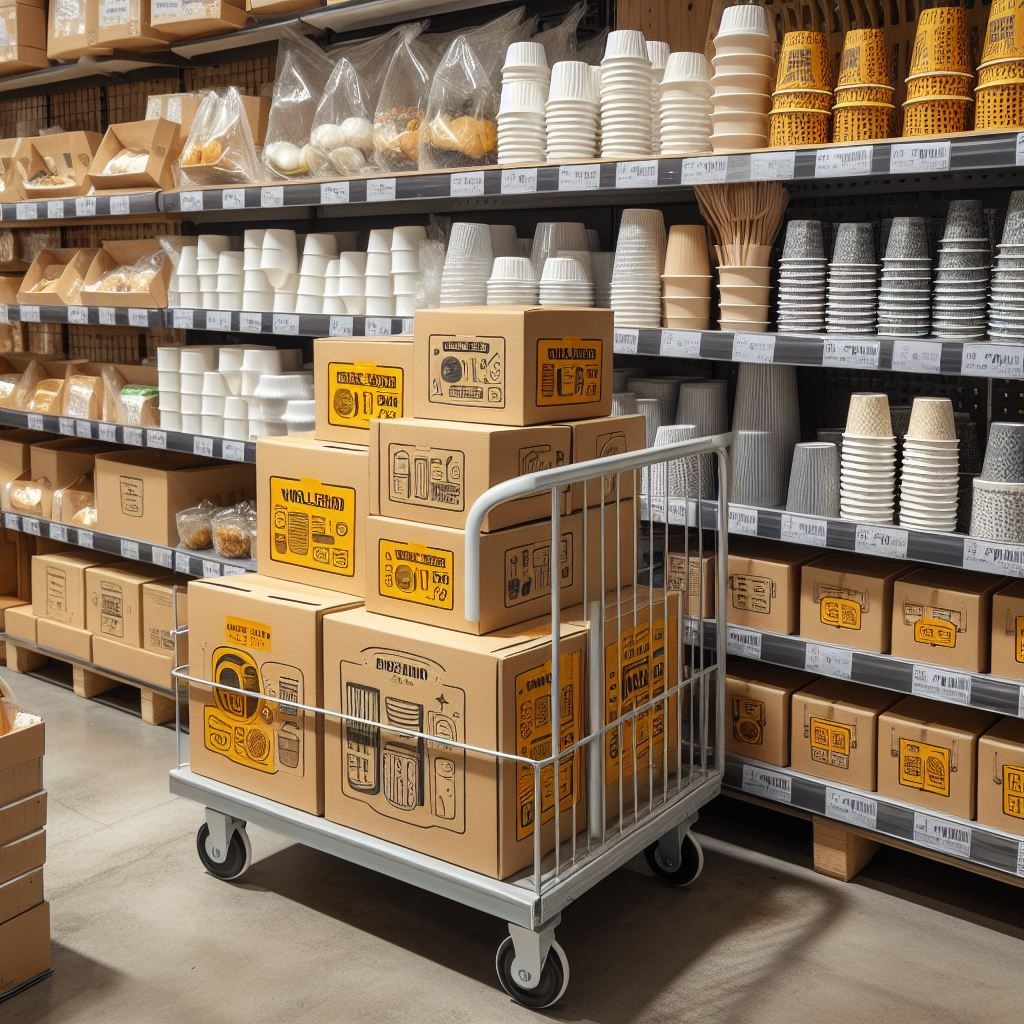Importing better products from foreign countries involves careful planning, research, and execution. Here are some steps to help you import high-quality products effectively:
- Identify Your Market and Product: Determine the specific product you want to import and identify the target market for that product. Conduct market research to understand the demand, competition, and potential profitability of importing the chosen product.
- Research Foreign Suppliers: Look for reputable suppliers in the foreign country who offer the product you want to import. Use online directories, trade shows, and industry associations to find potential suppliers. Verify their credibility by checking references and conducting background checks.
- Quality Assessment and Due Diligence: Request product samples from potential suppliers and thoroughly evaluate their quality. Perform due diligence on the suppliers to ensure they meet industry standards, have relevant certifications, and comply with ethical practices.
- Negotiate Terms and Conditions: Negotiate the terms of the deal, including price, payment terms, delivery schedule, and product specifications. Be clear about your expectations and ensure that everything is documented in a formal agreement.
- Understand Import Regulations and Duties: Familiarize yourself with the import regulations and duties of your country for the specific product you are importing. This includes understanding the customs clearance process, import taxes, and any trade barriers or restrictions.
- Shipping and Logistics: Coordinate with the supplier on shipping arrangements and choose a reliable freight forwarder or shipping company. Ensure that the products are appropriately packaged to prevent damage during transit.
- Compliance and Documentation: Ensure all necessary documentation, such as import licenses, permits, and certificates of origin, are in order. Properly complete customs forms and declarations to facilitate smooth customs clearance.
- Quality Control Inspection: Consider conducting pre-shipment inspections or appointing third-party inspection agencies to verify the product quality and compliance with specifications before shipment.
- Build Long-Term Relationships: Establish and maintain strong relationships with your foreign suppliers. Good communication and mutual trust are essential for smooth business transactions and potential future partnerships.
- Monitor and Evaluate Performance: Regularly assess the performance of your suppliers, the quality of the imported products, and customer feedback. Continuously improve your import processes based on the lessons learned.
- Stay Informed and Flexible: Keep yourself updated with changes in import regulations, market trends, and industry developments. Be prepared to adapt to unforeseen circumstances or shifts in the market.
Importing better products from foreign countries requires careful attention to detail, commitment to quality, and effective communication with suppliers. By following these steps and maintaining a focus on delivering high-quality products to your customers, you can establish a successful import business.



